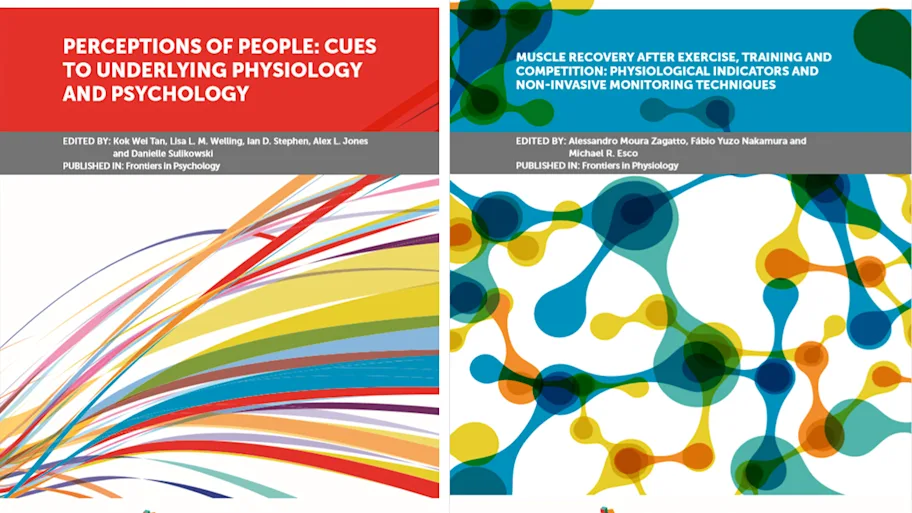
- Science news
- Frontiers news
- How physics can improve our society: Matjaž Perc leads new specialty on Social Physics in Frontiers in Physics
How physics can improve our society: Matjaž Perc leads new specialty on Social Physics in Frontiers in Physics

— By Rossella Rebecchi

Matjaž Perc
Urban populations are growing day after day while air pollution and climate change are a reality that affects the life of every human being. Opinion dynamics influence, often unexpectedly, voters behaviors, affecting the course of our daily life. Understanding trends and statistical patterns in human dynamics is key to ensure the creation of a more socially, environmentally and economically sustainable society. For this reason, interdisciplinary research is extremely important in order to address the challenges created by governance and environmental issues. Social Physics is a new way of providing excellent theoretical models to predict and understand human behaviors and social habits. Using methods of statistical physics and big data analysis, Social Physics is able to comprehend how to enhance cooperation between citizens, creating more equal social systems.
Matjaž Perc, Professor of Physics at the University of Maribor and director of the Complexity Science Laboratory states: “If we want to address the most pressing issues of our time successfully, we need collaboration between natural and social scientists, between physicists and sociologists, but also between computer scientists, mathematicians, biologists, psychologists, economists, urban planners, political scientists, philosophers and historians. The idea of such an interdisciplinary collaboration is a great challenge indeed, but it is also the best way to improve our society, and it is already happening.”
Matjaž Perc is one of the most cited cross-field researchers in the world, proving that his studies on social complexity and crowd behavior are extremely timely. Although physics is relevantly addressing challenges in the social sciences, publishing outlets entirely dedicated to this kind of interdisciplinary research is still hard to find. The time is therefore ripe for Frontiers in Physics to launch a section on Social Physics, “run by scientists for scientists, with priorities on fast, fair, and transparent evaluation of submitted research,” says Matjaž Perc.
Matjaž Perc believes that the Social Physics community will highly benefit from Open Access research, increasing visibility and recognizability of their research.
The team of Frontiers in Physics warmly welcomes Matjaž Perc as new Chief Editor and looks forward to working in partnership to develop and grow this unique open-access outlet for interdisciplinary research.
Social Physics welcomes high-quality article submissions and Research Topic proposals on climate impact research, crowd behavior, cultural dynamics, crime and conflicts, econophysics, epidemic spreading, hierarchy formation, human cooperation and mobility, information cascades, language dynamics, opinion formation, pedestrian dynamics, self-organization, smart cities, social networks, tipping points, traffic and transportation, vaccination/immunization, and voting behaviors.
Matjaž Perc and Valerio Capraro are leading the Research Topic on Cooperation, which is now open for submissions.






